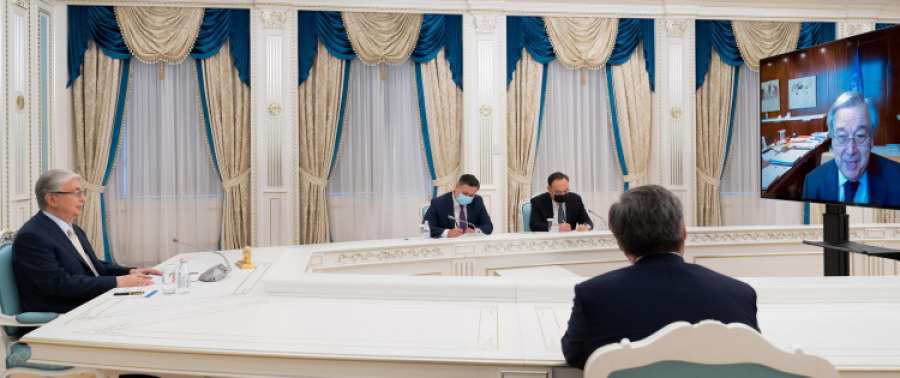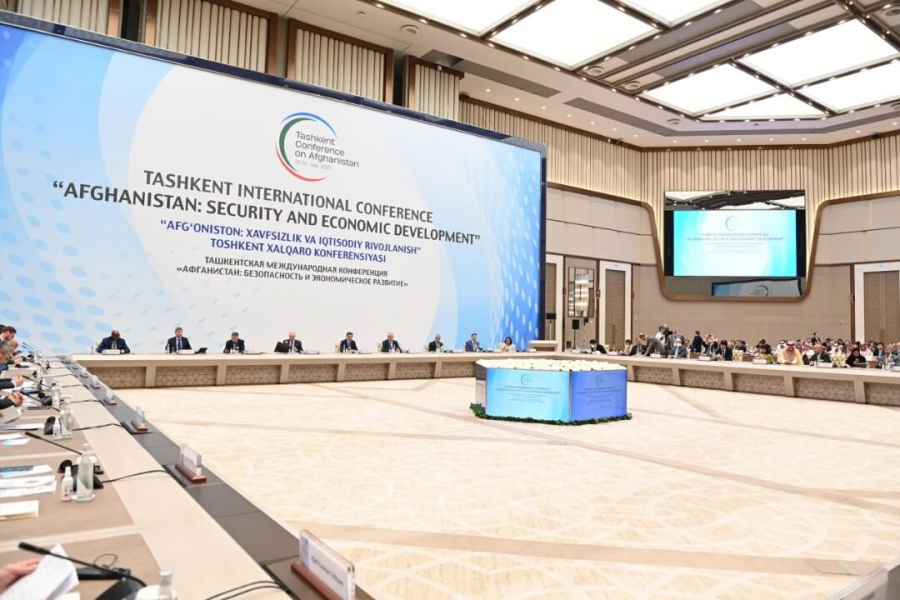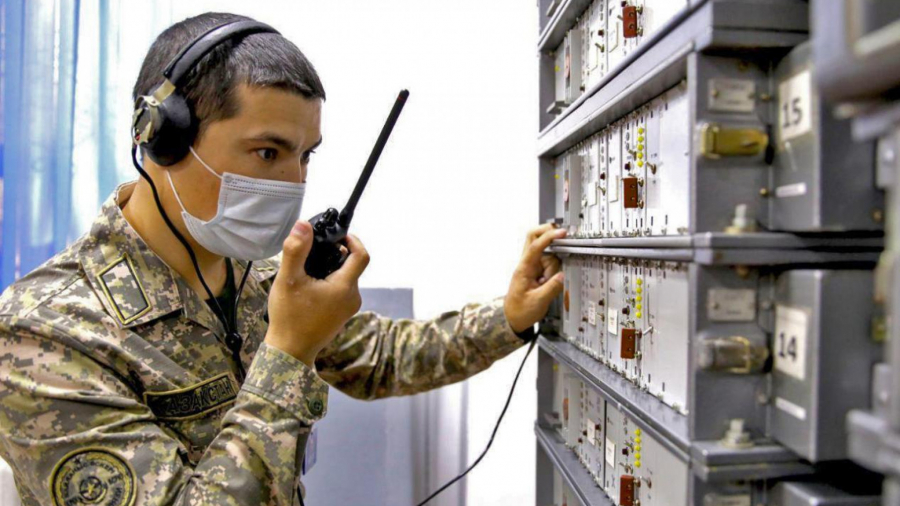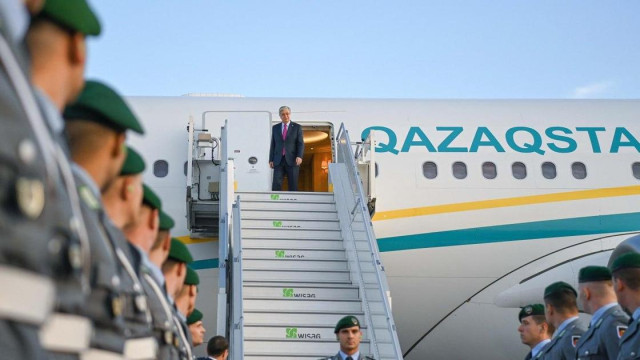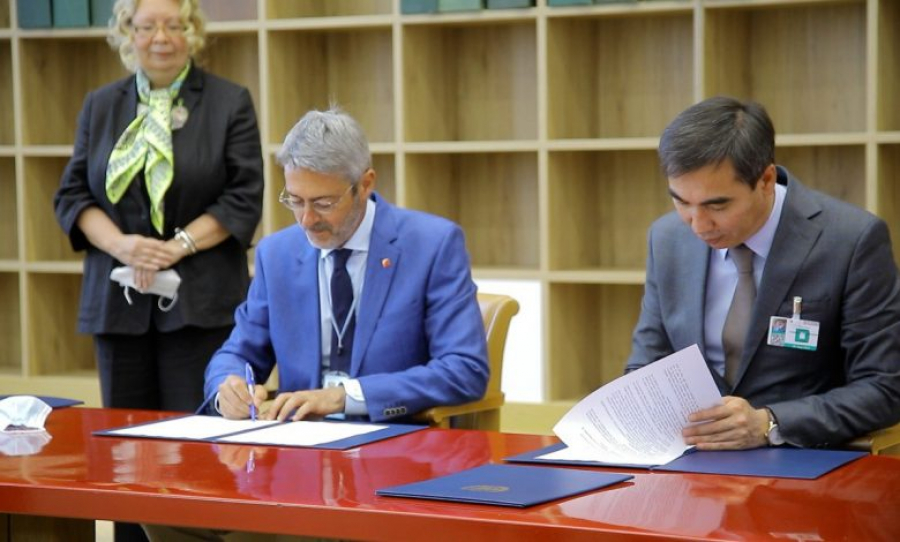Kazakh Mazhilis officially develops rules for remote working
People in Kazakhstan can be allowed to work remotely with the same salary and even from another city. Members of the Mazhilis, the Lower House of Kazakh Parliament, discussed today how the country’s citizens should work when their organization switches to remote working. They worked out a bill with the introduction of the concept of “remote working”. It can also be combined, when an employee alternates periods of work both in the office and beyond, they noted. In addition, employees who are forced to work from home faced one of the acute problems – the lack of communication means and computers. Now the document prescribes a rule, in accordance to which an employer will have to provide the employee with all the necessary equipment during the state of emergency or quarantine. In case if the employee permanently uses his or her own means, the management can pay him or her monetary compensation. In general, the developers of the new law made 92 amendments to the existing acts.
“In order to protect the labor rights of employees, the labor contract will provide for a rule on the establishment of a fixed working time records, during which the employee should be available for the employer within working hours, observing the limits of the daily duration of working hours. At the same time, by agreement of the parties, for employees who perform their functions remotely, a flexible working time can be established using the summarized working time records,” said Zhanat Omarbekova, Member of Mazhilis.
According to the relevant department, today every fifth employed person in the world switched to remote working. If in the midst of the pandemic 70 percent of the country’s population worked remotely, then a little over 73,000 people worked from home in the first three months of this year. Zhanat Omarbekova said that it will be possible to ensure the protection of the labor rights of Kazakh citizens by adopting this bill, because the remote working can be clearly regulated now.
Translation by Saniya Sakenova
Editing by Galiya Khassenkhanova


